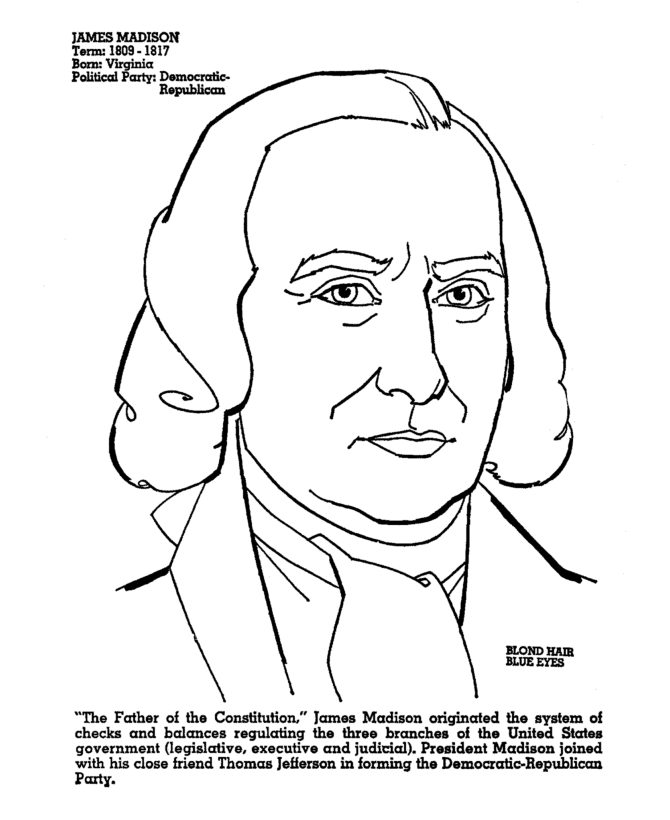On Life, Liberty, and the Pursuit of Happiness

In the week since Fourth of July celebrations rang out on every neighborhood block and city stoop (at least in Chicago’s Logan Square, where the Crime Blotter lit up like a game of Pong with noise violations well into mid-week), we’ve had a chance to surf through the op-eds, remembrances, and the short- and long-form explorations of social and political freedoms published in the holiday’s wake. One that extends beyond grist-of-the-mill celebration is Eric Slauter’s “Life, Liberty, and the Pursuit of Happiness” in the Boston Globe, a blockbuster foray into the reception history of the Declaration of Independence, which considers the circumstances surrounding the document’s most storied sentence :
“We hold these Truths to be self-evident, that all Men are created equal, that they are endowed by their Creator with certain unalienable Rights, that among these are Life, Liberty, and the Pursuit of Happiness.”
Using new digital tools to consider newspaper accounts, sermons, Supreme Court rulings, almanacs, and facsimiles from the day of the Declaration and beyond, Slauter advances the Declaration’s most iconic clause (“a radical commitment to equality”) as inspiration for the abolitionists of the early nineteenth century, the workingmen’s movement of the 1820s, and a certain 1848 convention in Seneca Falls, while at the same time appealing to a changing context, wherein Abraham Lincoln claimed that the Founding Fathers must have boldly envisioned its phrasing for some “future use” and Frederick Douglass (1852) heard the Declaration’s “shouts of liberty and equality” as nothing more than “hollow mockery.”
In the Globe piece, Slauter grounds the phrase in its own history:
But at the time, very few in the newly United States besides a small contingent of black and white antislavery activists would have seen the Declaration as a document of radical egalitarianism or even as a founding document. That we do so now is a testament in part to their efforts, and to generations of readers since who have pressed the United States to live up to those words. It is truly their Declaration, rather than Jefferson’s or Congress’s, that we celebrate today.
Combining literary scholarship with its more pragmatic social contexts is nothing new for Slauter. In The State as a Work of Art: The Cultural Origins of the Constitution, Slauter explores the origins and meanings of the U.S. Constitution from a vantage that places agency with the key actors who founded the nation—and who considered this new government to be a work of art framed from natural rights. The runner-up for the Modern Language Association’s First Book Prize, The State as a Work of Art has been praised by Gordon S. Wood in the New Republic as “richly imaginative” and “the first full-scale effort by a literary scholar to bring to bear the special tools of his discipline on the Constitution and its cultural origins.”
What better mix of politic and rhetoric to further usher in July, when dog days advance and the pursuit of happiness becomes that much more surreal?
